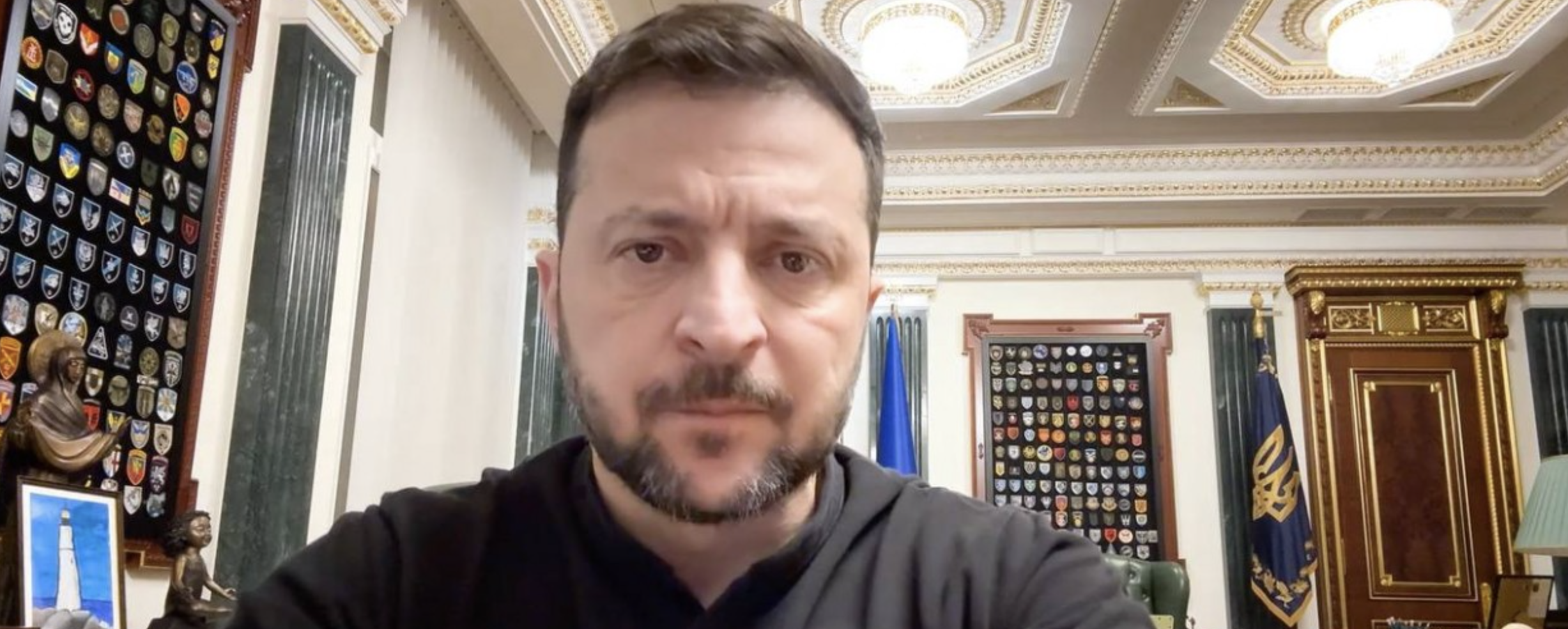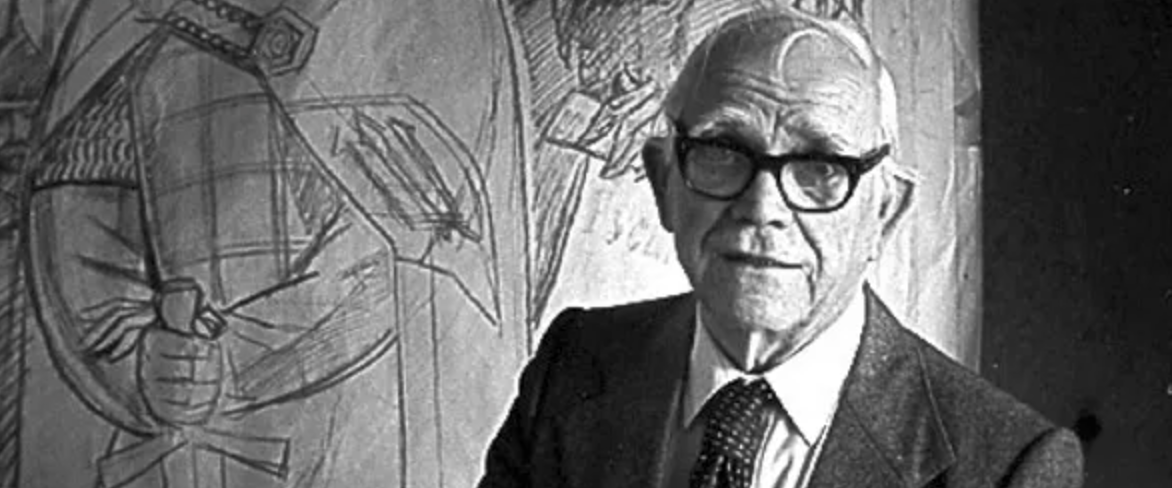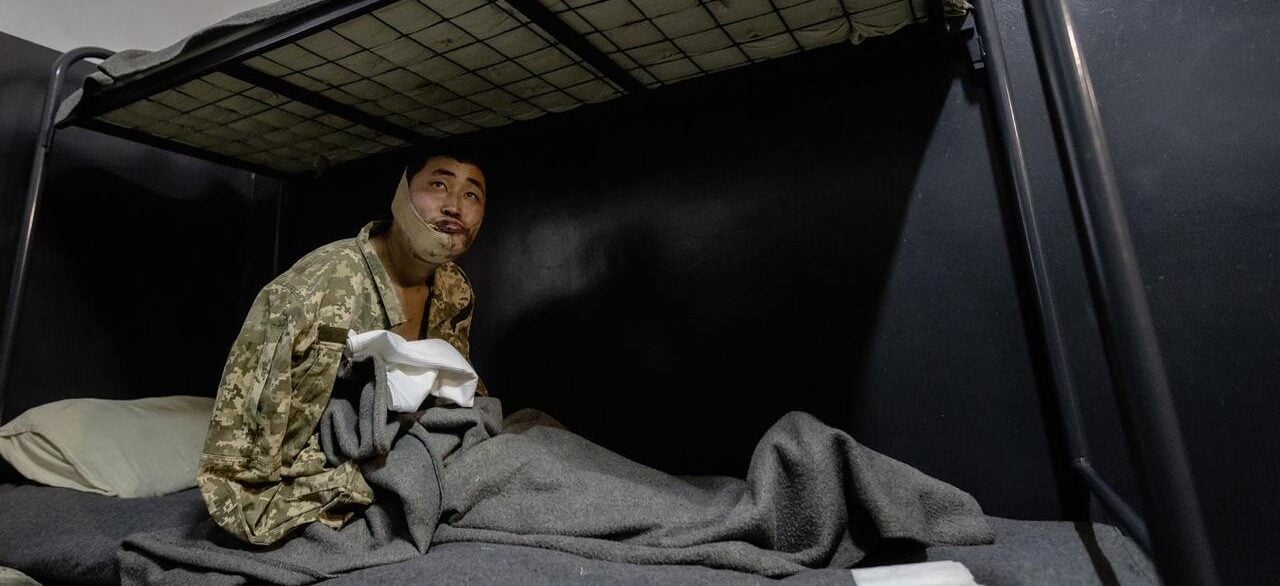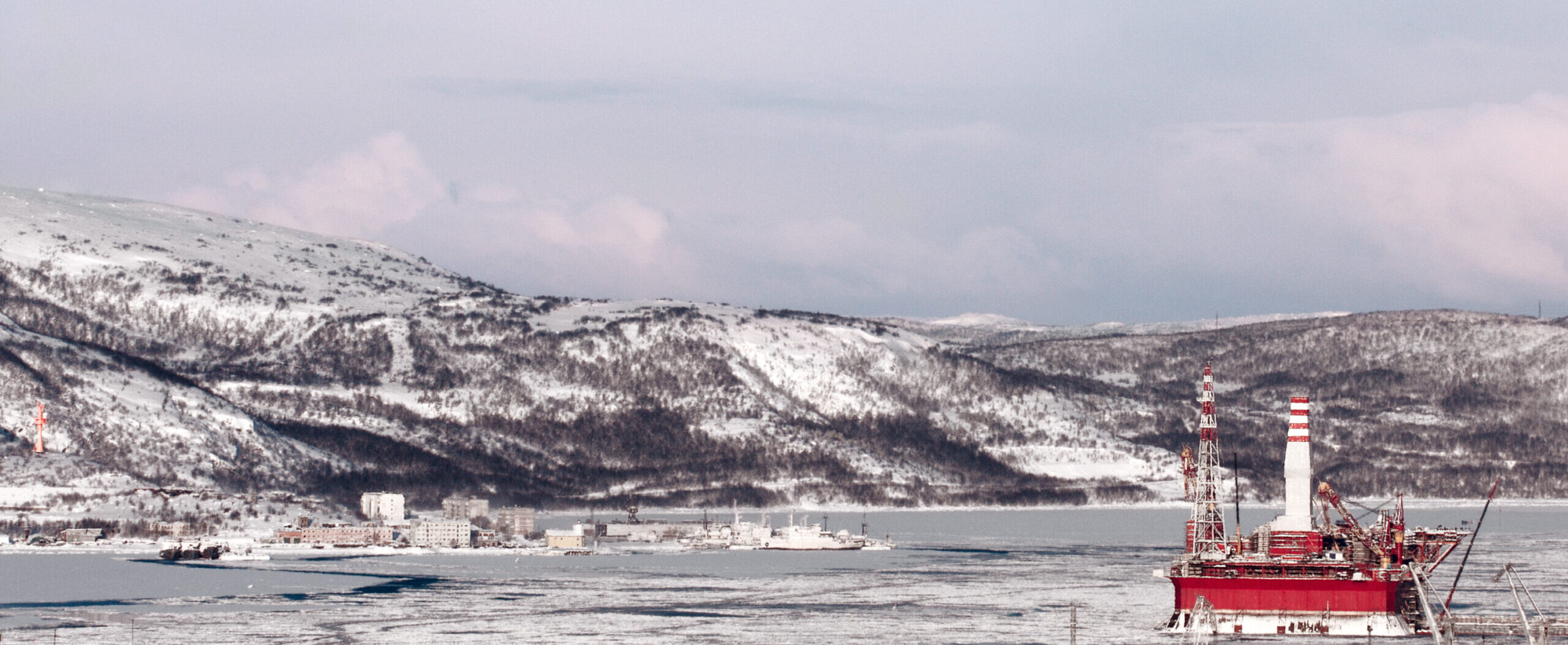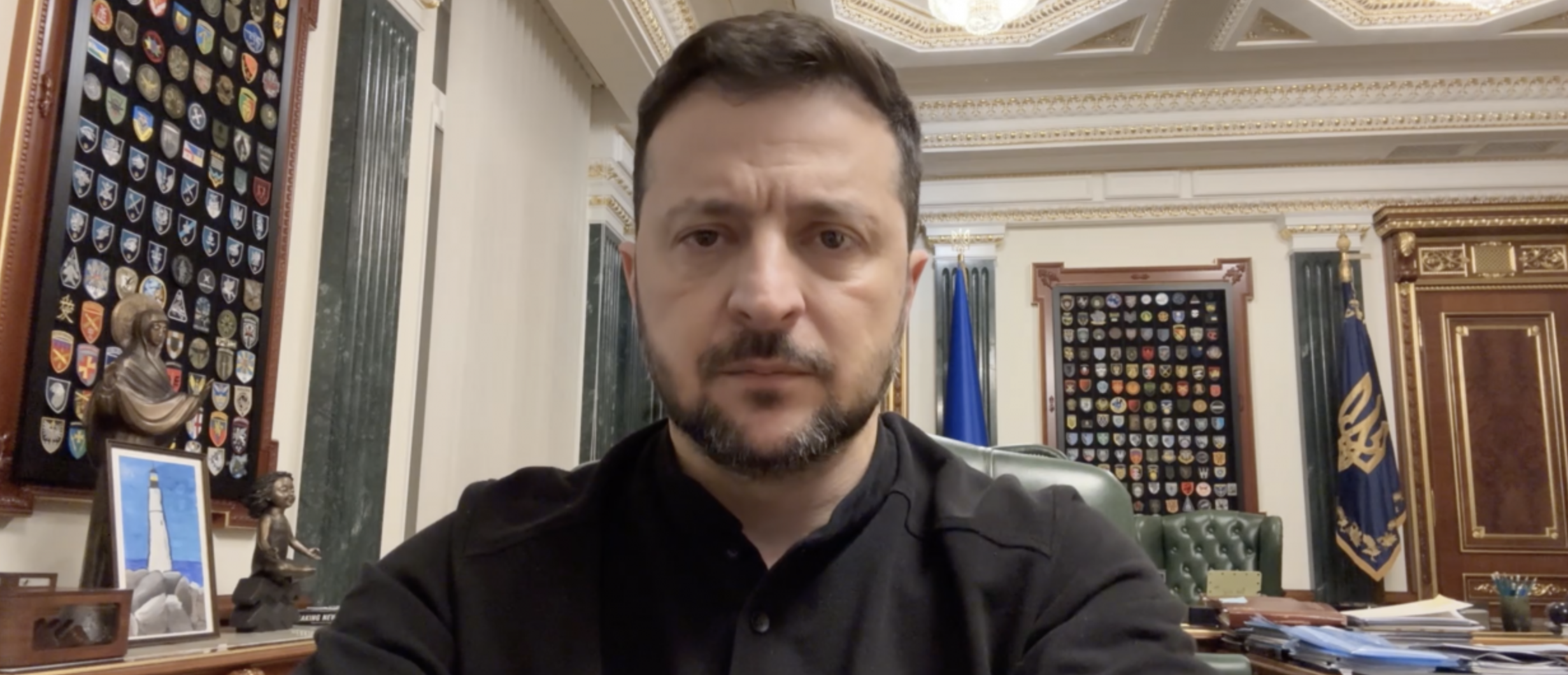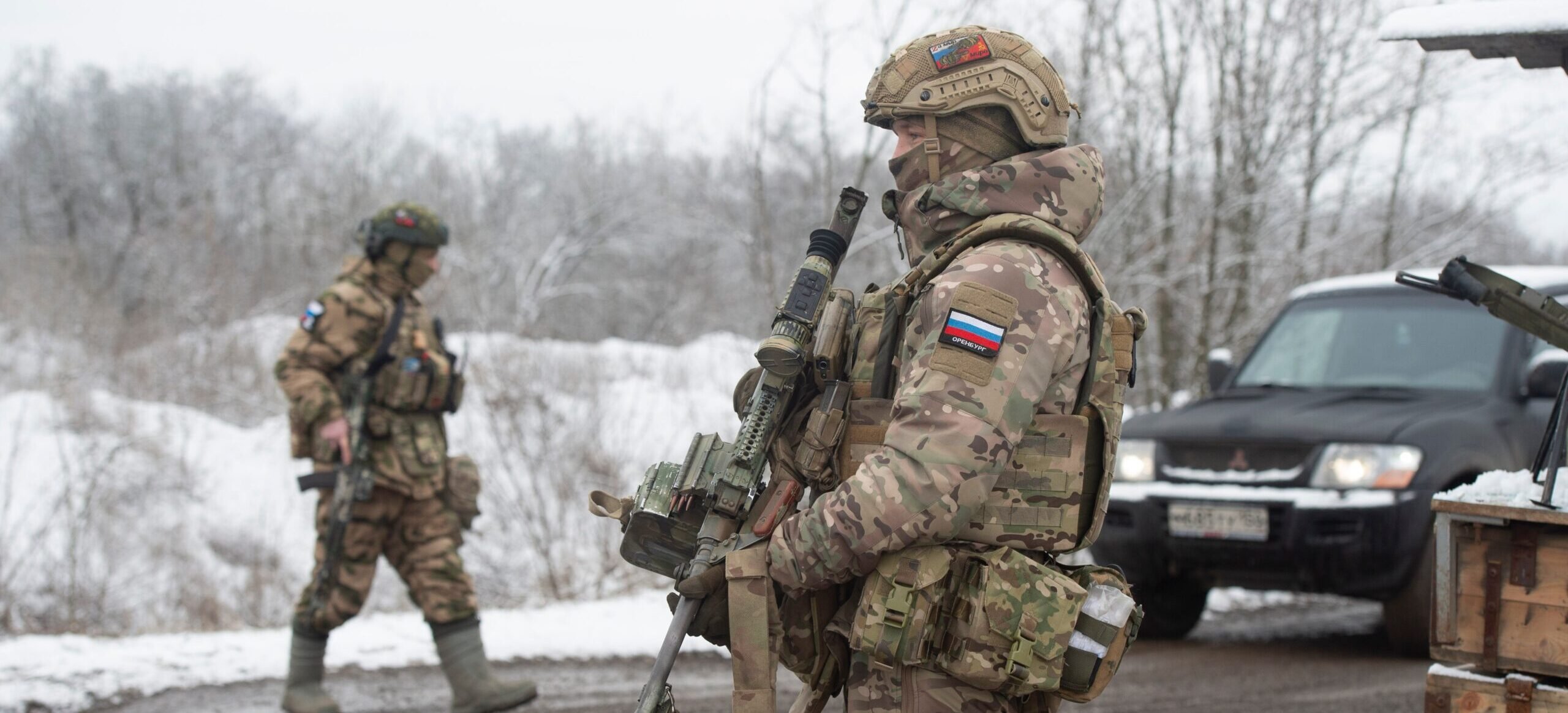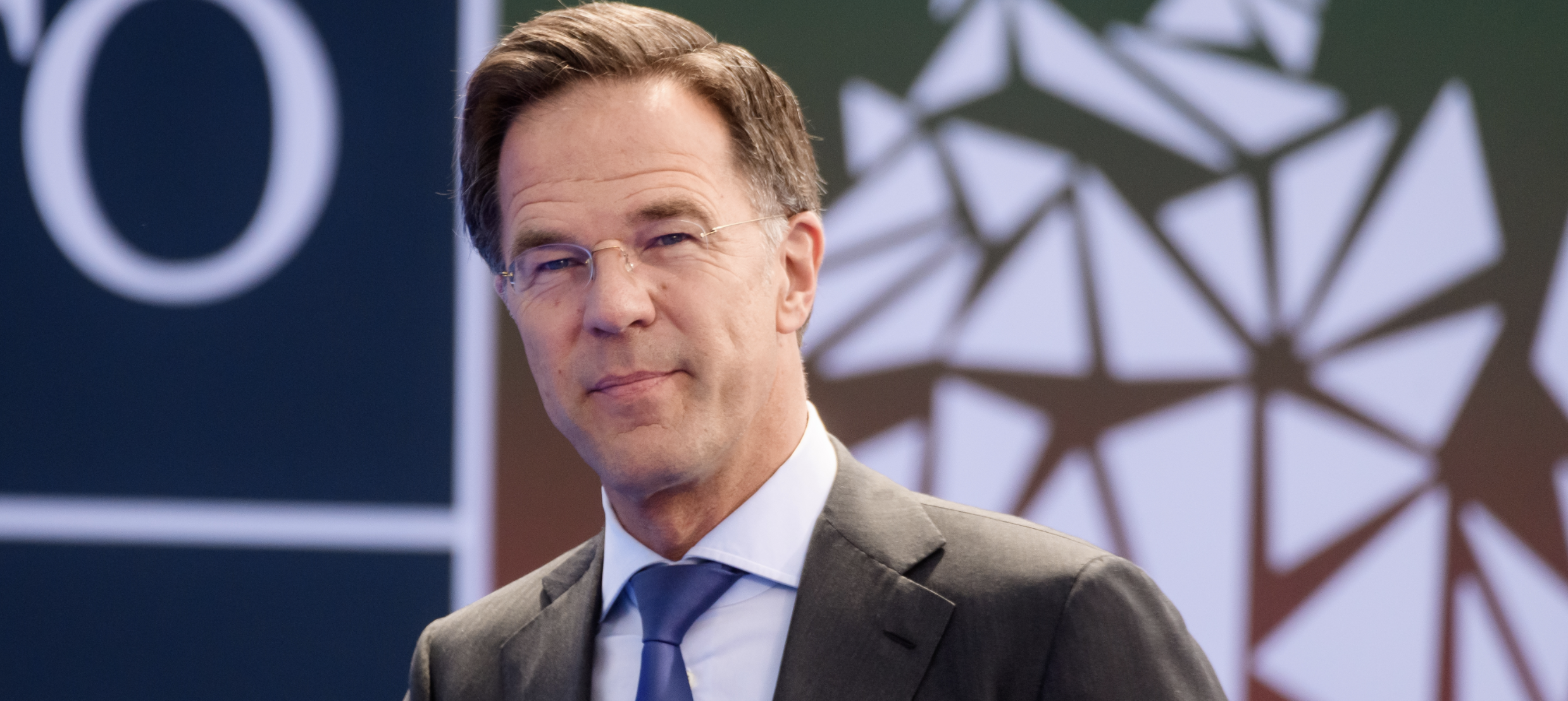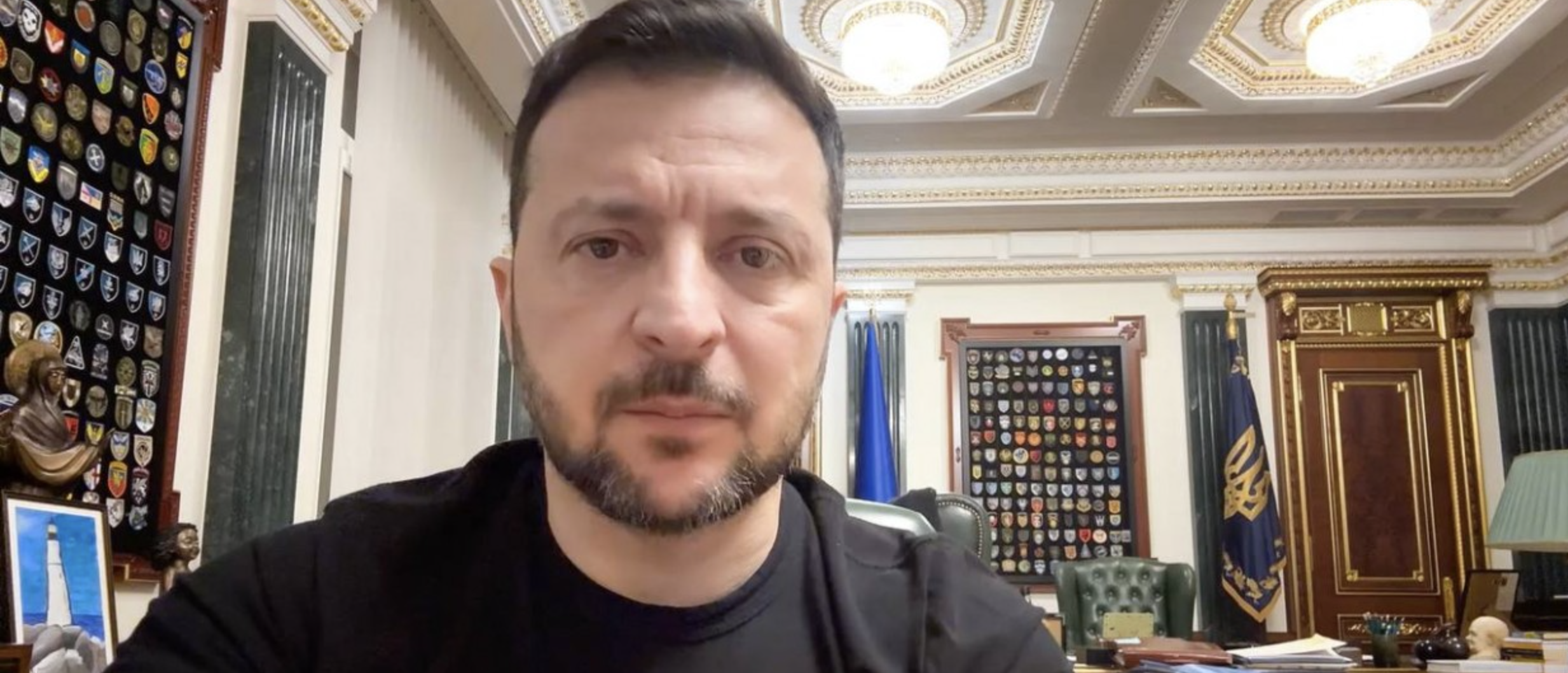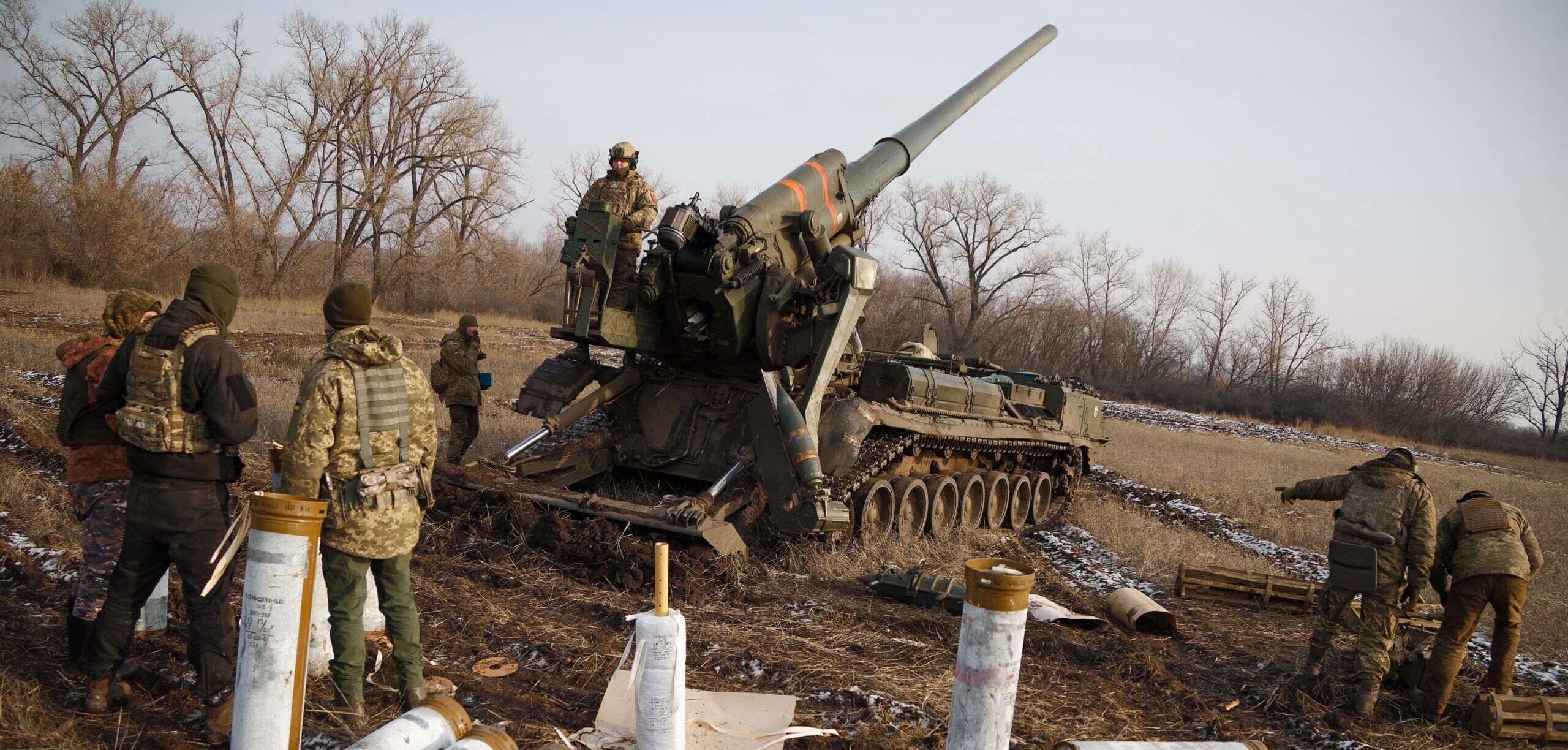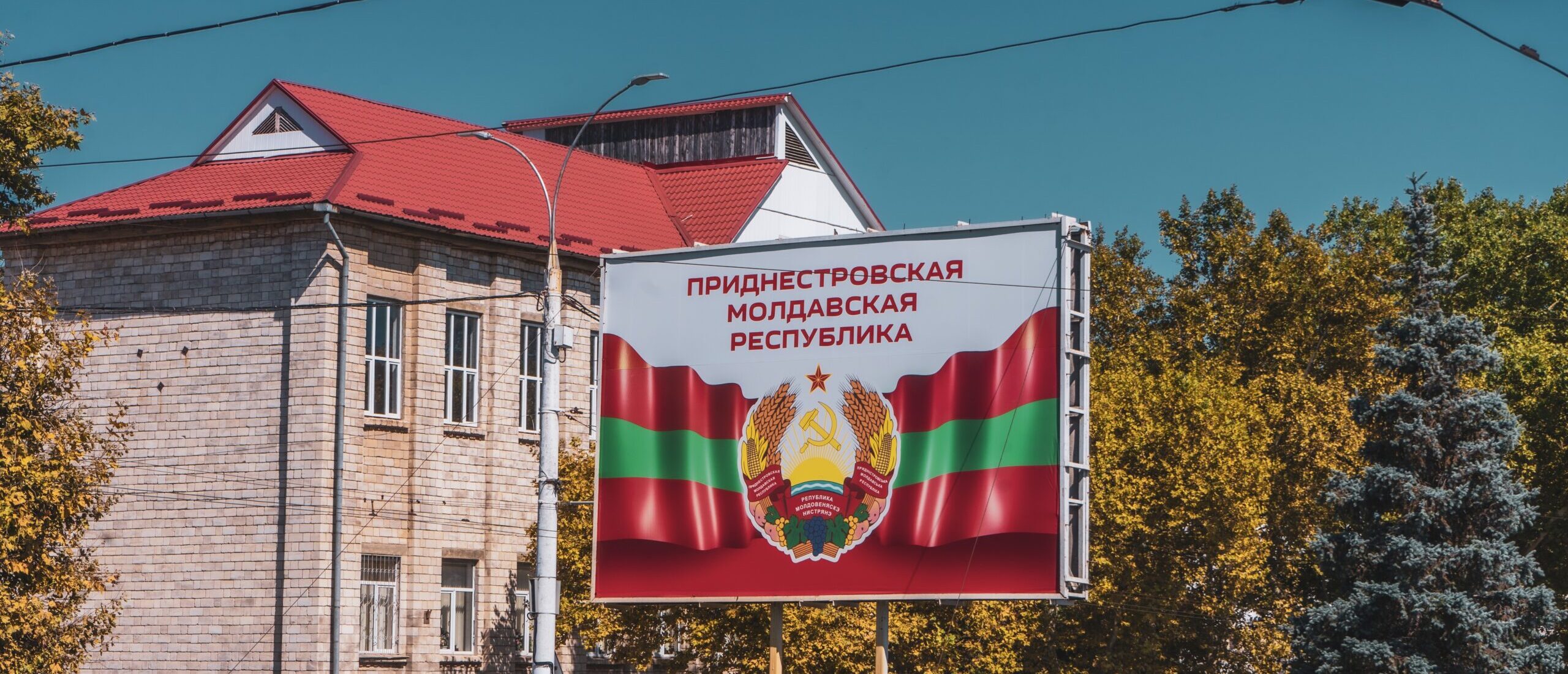
In the pro-Russian separatist region of Moldova, Transnistria, the first ‘assembly’ in 18 years is set to take place. The meeting is scheduled for February 28th – a day before the announced address by Russian President Putin to the Federal Assembly of the Russian Federation. The self-proclaimed republic will likely seek annexation to Russia, believes Transnistrian opposition figure Gennadiy Chorba, as quoted by the Moldovan publication Deschide. The National Congress of Ukrainians in Moldova (NCUM) is concerned about the news, and a detailed analysis of the events has been provided for the UWC by Roman Russu, a political scientist and a member of the leadership of NCUM.
Given the heightened tensions in the area and the ongoing conflict between Russia and Ukraine, these declarations demand attention. The previous comparable meeting occurred in 2006, leading to a referendum where residents reportedly supported Transnistria’s unification with Russia. Such proclamations frequently originate from Tiraspol, the administrative center of the self-declared state, and are typically employed to influence the recognized government in Chișinău.
This time, the so-called assembly of people’s deputies may aim to:
- Pressure Chișinău to lift tariffs on Transnistrian goods, which hits the pockets of oligarchic circles that essentially control the so-called authorities in Tiraspol. The imposition of tariffs is cited as the reason for the so-called President Krasnoselsky convening the assembly.
- Pressure Chișinău to halt Moldova’s European integration and give pro-Russian forces in Moldova a free hand, attempting to play the role of “peacemakers” who are “saving the country from war.”
- Pressure the West to cease support for Ukraine, thereby forcing Kyiv to make peace on the Kremlin’s terms. Otherwise, “we will spread the war to neighboring countries.”
- Pressure Ukraine to divert its forces rather than strengthen the front.
Russia might likely attempt to reignite the Transnistrian conflict. The Kremlin’s actions often disregard international laws and basic human morality. Nonetheless, it’s important to note that the Russian military presence in Transnistria is relatively minor and cannot confront Ukraine independently. These troops must be more experienced, equipped with heavy machinery, and geographically isolated from other Russian forces. At present, Moscow’s feasible strategy could involve escalating missile and drone attacks within Moldova. Recently, this scenario has been unfolding, as evidenced by two Shahed drones crashing near Etulia in southern Moldova in the last fortnight. Ironically, Etulia is in Gagauzia, a region with a solid pro-Putin sentiment and where pro-Russian factions receive overwhelming support, sometimes up to 90% of the votes.
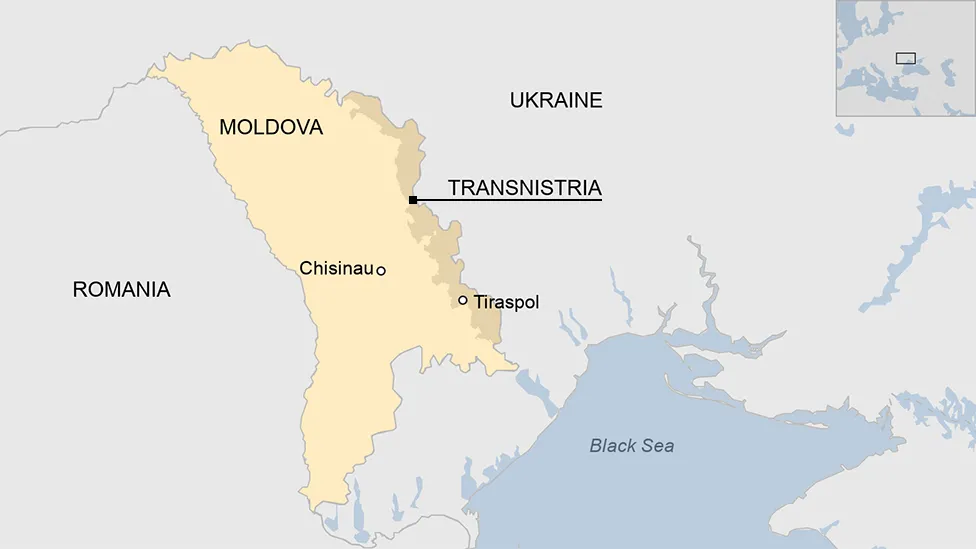 Transnistria is a territory located in the southeast of Europe, between Ukraine and Moldova. It is a self-proclaimed republic that has existed since the collapse of the USSR thanks to the support of the Russian military contingent based in this territory. Last August, Moldovan President Maia Sandu stated that Ukraine’s victory in the war with Russia would enable Moldova to resolve the conflict in Transnistria.
Transnistria is a territory located in the southeast of Europe, between Ukraine and Moldova. It is a self-proclaimed republic that has existed since the collapse of the USSR thanks to the support of the Russian military contingent based in this territory. Last August, Moldovan President Maia Sandu stated that Ukraine’s victory in the war with Russia would enable Moldova to resolve the conflict in Transnistria.
Map: BBC. Cover: Shutterstock.

